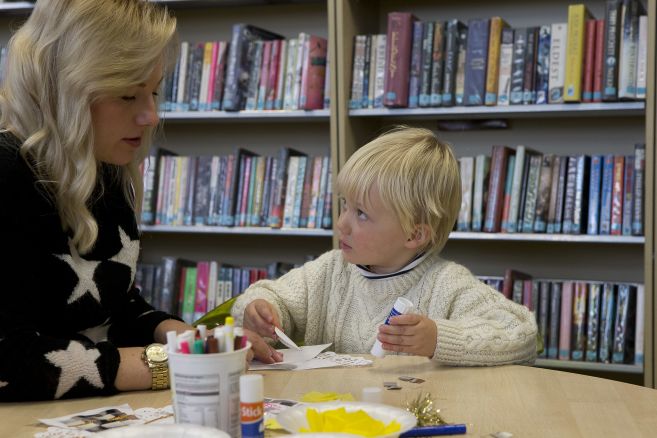This accessible, local service is saving Brits £1,473 a year.
New data reveals that library users are saving an average of £1,472.79 per year by utilising services such as book loans, digital resources, and free Wi-Fi or hotdesking spaces, showing that libraries don’t just enrich lives—they deliver real financial benefits.
Physical book borrowing alone saves users around £230 annually, based on Better Libraries users borrowing on average 23 books per person per year, whilst digital access—through eBooks, audiobooks, newspapers, and magazines—adds another £411 in savings on average.
The data from Better Libraries translates into tens of millions in collective savings across the UK. With hotdesking alternatives like coffee shops and coworking spaces averaging £4.50 an hour, Better’s free Wi-Fi access represents significant value for people working remotely or studying, helping users save £832 a year when hotdesking.
This represents just a fraction of the overall value libraries provide. Beyond measurable savings, they offer free events, study spaces, access to technology, and vital community support—benefits that are harder to quantify but deeply impactful. As living costs rise, libraries are proving to be not just cultural spaces, but essential community assets delivering meaningful economic relief.
The supporting survey reveals that 96% of Brits agree that libraries have a positive impact on society, with 42% pinpointing their biggest value as encouraging children to read. Other top benefits include providing free access to learning and information (40%), quiet spaces to work or study (38%), and offering a warm, safe environment (25%).
A study of 2,000 UK adults reveals the wide-ranging social, emotional, and financial value of libraries in communities, encompassing everything from helping people find employment and connect socially to learning new skills and supporting parents.
The survey found that, despite common assumptions that library use is declining, half of UK adults report having visited a library within the past year, including 1 in 10 who have used one in the last week, demonstrating the enduring relevance of these spaces.
To understand just how integrated libraries are in everyday life, Better explored how people of all ages are using these community hubs. The research uncovered the hidden ways libraries are transforming lives.
Almost one in five (18%) say their local library has helped reduce loneliness, rising to 22% among those over 55. Socially, libraries are becoming powerful community connectors. 15% say they’ve made a new friend in a library, with this figure rising sharply to 32% among 25–34-year-olds. A further 1 in 10 say they’ve found emotional support or a sense of belonging, rising to 23% in the millennial age group.
Libraries are also proving essential to building real-world skills and careers, with 13% saying they’ve learnt a new skill at the library, such as coding, crafting, or a new language, and 7% say they found a job or got a promotion with library support. A further 7% started a business or side hustle using library resources, and 7% also reported using the space for business meetings or finding a client/partner there.
While libraries offer a wide variety of services, books continue to a crucial role in people’s well-being. In the past year alone, 35% say reading helped reduce stress or anxiety, 25% say it helped them sleep better, 17% say it got them through a difficult time, and 16% say books helped them feel less lonely.
Their financial and community value means libraries now rival parks and green spaces in importance. When asked to rank public services, libraries came second only to public parks, ahead of playgrounds, youth centres, museums, and sports fields.
They also influence major life decisions: 34% say a nearby library makes an area more desirable, beating the number who said the same about a good local school (28%). Among young adults aged 25–34, 21% say a library helped support them during a house move or transition to a new area.
Rebecca Gediking, Better's Head of Libraries, said:
“This research shows just how deeply embedded libraries are in modern life. From helping someone land a job to supporting parents, reducing isolation, or simply offering a safe space to learn, their impact is huge. We see first-hand how libraries uplift communities, and it’s clear from this study that the public feels the same. With more investment, libraries could do even more to support Britain’s wellbeing, economy, and sense of community.”
